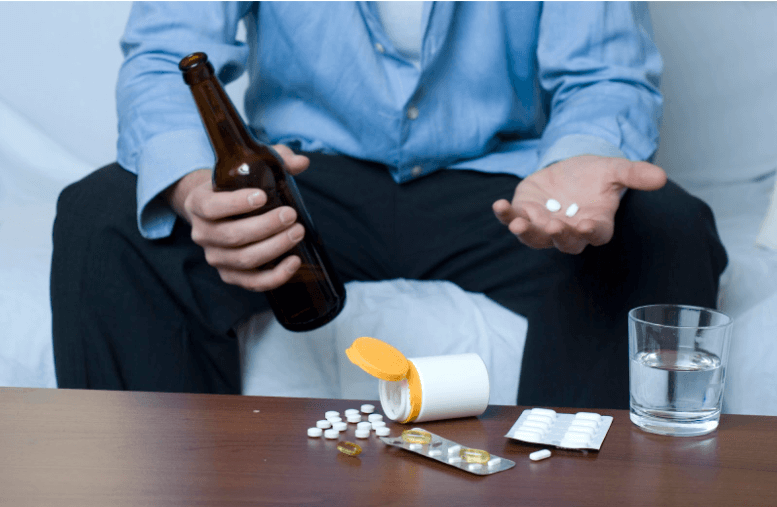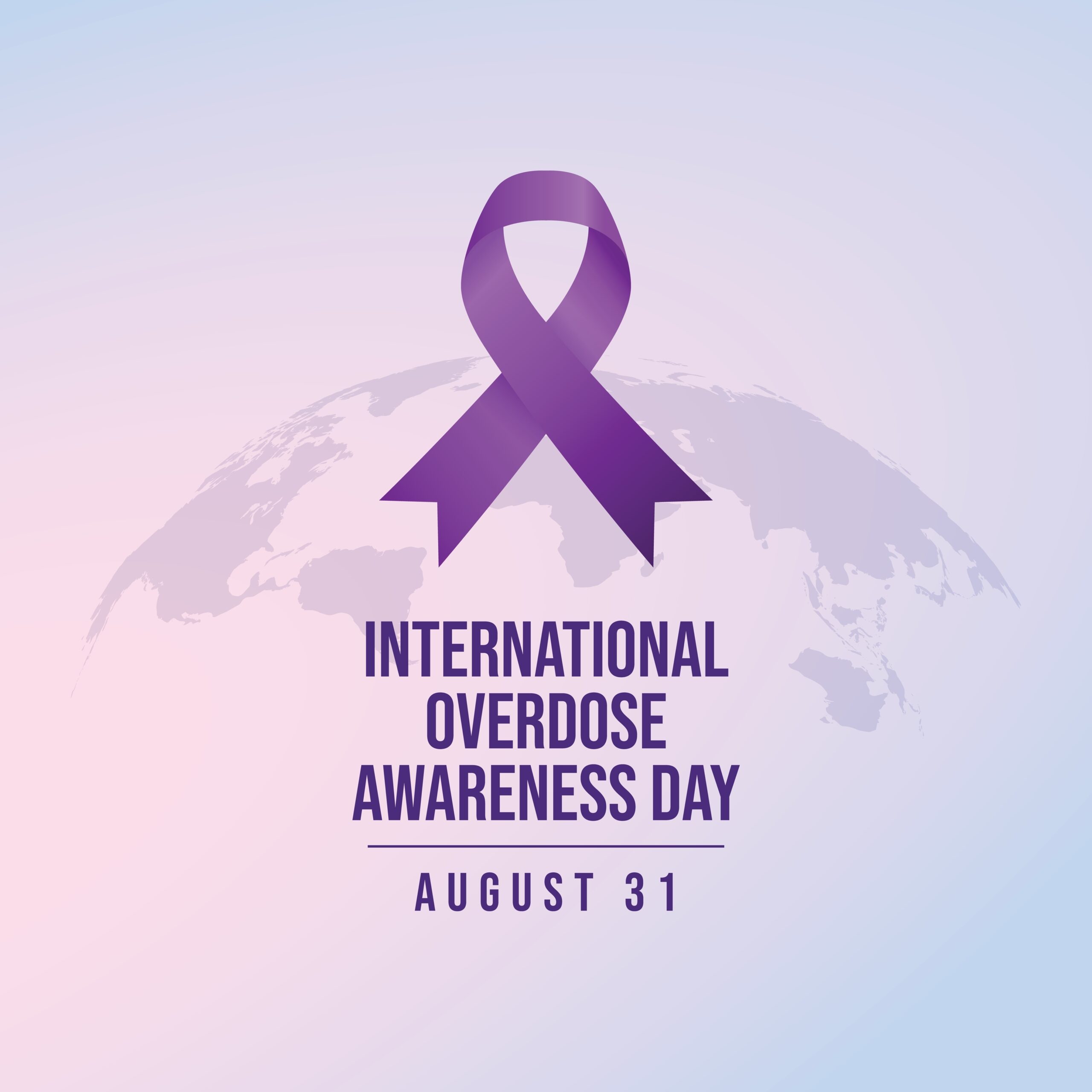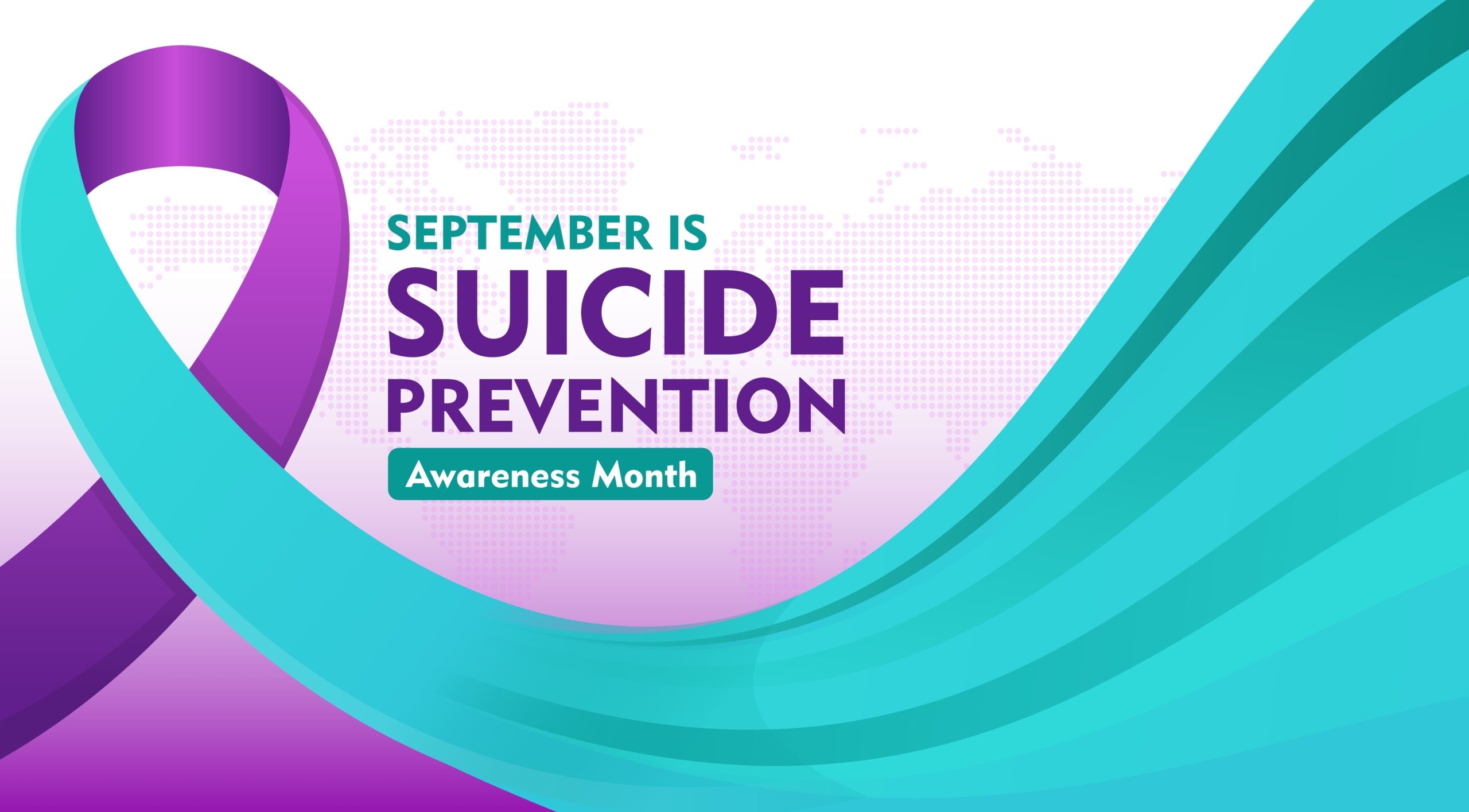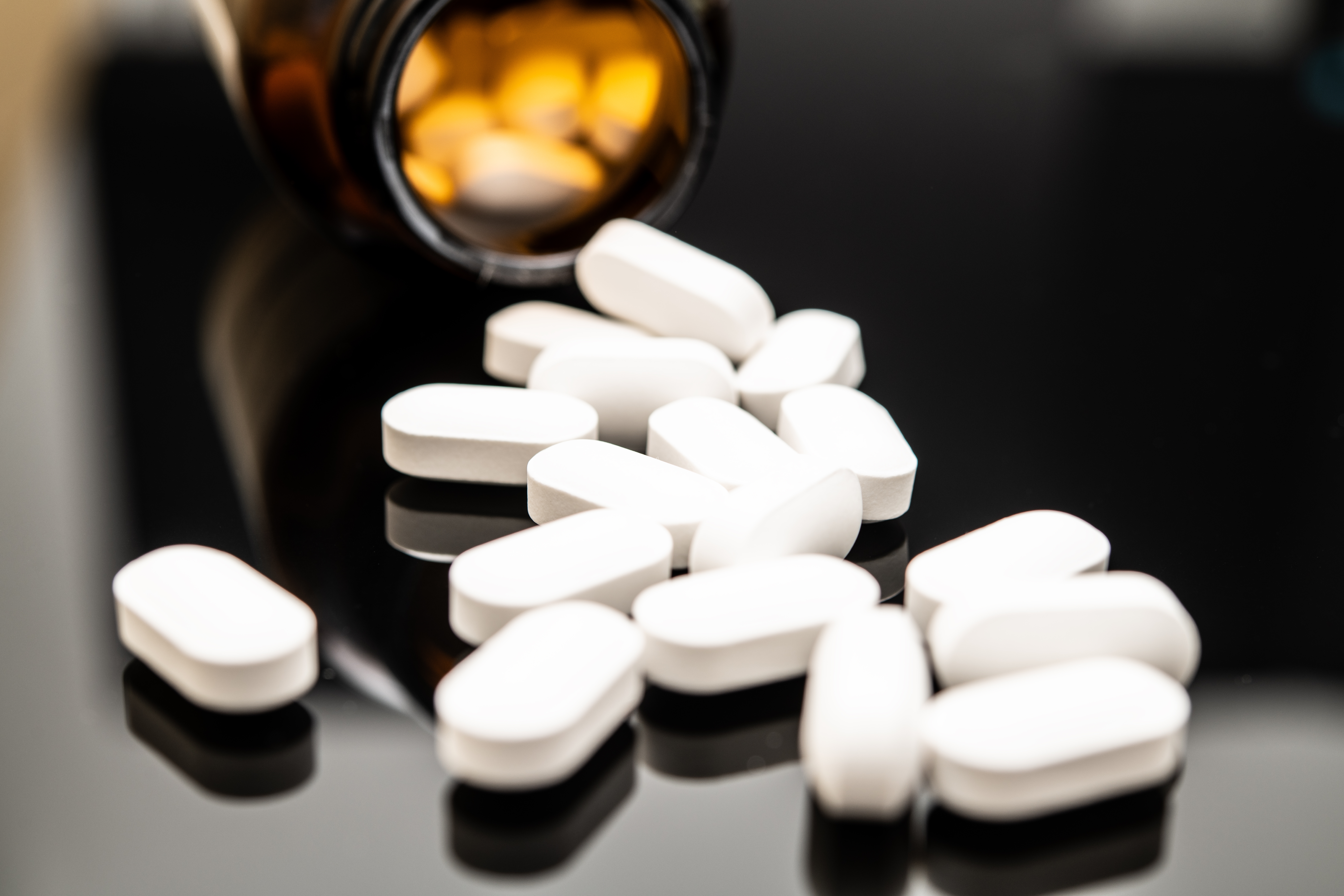In our work, we often meet clients who describe their journey into alcohol dependency not as a sudden fall, but as a slow, quiet descent. It may have started as a way to unwind after a long week, a tool to feel more comfortable in social settings, or a method to numb a persistent, underlying pain. Over time, the “choice” to drink becomes a “need” to drink. One day, they look up and find themselves in a place they never intended to be, asking, “How did I get here?”
This is the common, and often subtle, progression of alcohol use disorder. It is a medical condition, not a moral failing. But here is the most important truth we share at Aspire Recovery Center of Frisco: just as the path into dependency has stages, so does the path out.
We believe understanding this process is the first, most powerful step toward healing. True alcohol recovery is a journey, not a single event. It is a structured process with distinct phases, challenges, and victories. It’s a journey that we have guided hundreds of individuals through, right here in the Frisco, Texas community.
Many people feel shame about their struggle, believing they should be able to “just quit.” But alcohol use disorder is a complex condition that rewires brain chemistry, and it requires a sophisticated, evidence-based approach to heal. This post is our comprehensive overview. First, we will explore the four common stages of alcohol use to help identify how dependency develops. Second, we will provide a detailed map of the hopeful, structured Stages of Alcohol Recovery.
This is not just a clinical explanation. This is a roadmap. It’s a way to remove the guesswork and the shame, and to replace it with a clear, step-by-step framework for building a new life.
The Four Stages of Alcohol Use | The Path Before Alcohol Recovery
Before we can map out the Stages of Recovery From Alcoholism, we must first understand the path that leads to it. No one ever starts drinking with the intention of developing a dependency. It’s a progression, and recognizing these stages in yourself or a loved one can be the catalyst for seeking help. This progression, first detailed by scientist E. Morton Jellinek, helps us understand how a habit becomes a critical health issue.
Pre-Alcoholic Stage | Symptomatic Drinking
This initial stage looks innocent and is often socially acceptable. The person is not drinking “like an alcoholic” — they are drinking to relieve general, everyday stress. This is what we call symptomatic drinking. They may have a drink to “take the edge off” after a bad day at work, to cope with anxiety, or to deal with social unease.
The behavior is not yet a “problem,” but the pattern is. The person is learning, unconsciously, that alcohol is a reliable tool for emotional regulation. Instead of developing other coping mechanisms, they begin to build a tolerance, needing slightly more alcohol over time to achieve the same calming effect. This stage can last for months or even years.
Early Stage | The Prodromal Stage
This is the stage where the dependency truly begins to take root. The person’s drinking habits begin to look different from those of their peers. This stage is marked by the first instances of blacking out — drinking so much that they have memory lapses.
Other warning signs of substance use include:
- Preoccupation: They start to think about drinking more often. They may “pre-game” before an event or feel anxious if they know alcohol won’t be available.
- Sneaking Drinks: They may drink in secret, before or after a social event, or lie about the amount they are consuming.
- Gulping Drinks: They drink quickly or “for effect” rather than sipping and savoring.
- Avoidance: They may begin to avoid conversations about their drinking, becoming defensive or annoyed if it’s brought up.
To the outside world, they may still be highly functional. They are going to work, paying bills, and maintaining relationships. But internally, their relationship with alcohol has crossed a line from “want” to “need.”
Middle Stage | The Crucial Stage
In the middle stage, the consequences of the drinking become impossible to ignore. This is where the person’s loss of control becomes apparent. They may fully intend to have only one or two drinks but find themselves unable to stop.
This is where the classic “problems” emerge:
- Relationship Problems: Arguments with spouses, family, and friends about their drinking and behavior.
- Work or Legal Issues: They may miss days of work due to hangovers, receive a DUI, or find their professional performance is slipping.
- Physical Signs: They may experience morning tremors (the “shakes”), facial redness, or stomach problems.
- Failed Attempts to Quit: They may try to “prove” they don’t have a problem by stopping for a week, only to return to heavy drinking, often in a “binge” cycle.
At this point, the person’s life has become a balancing act of managing their drinking while trying to hold onto their responsibilities. Family members are often desperate, begging their loved one to seek substance use treatment.
Late Stage | Chronic Drinking
This final stage is characterized by a complete loss of control and a life that revolves around alcohol. The person’s physical and mental health is severely compromised. They may experience severe withdrawal symptoms (delirium tremens, or DTs) if they stop drinking, which can be life-threatening.
Hallmarks of this stage include:
- Compulsive Use: The person drinks to avoid withdrawal, often starting in the morning.
- Severe Health Issues: They may be diagnosed with liver cirrhosis, pancreatitis, heart problems, or cognitive damage.
- Social and Financial Ruin: They may have lost their job, their home, and their primary relationships.
- Complete Obsession: Their entire focus is on obtaining and consuming alcohol, and all other interests and values have fallen away.
At this stage, alcohol recovery is not just a good idea; it is a medical necessity for survival. The journey back from this stage is difficult, but it is never impossible with the right support from professional alcohol recovery programs.
Understanding the Stages of Recovery From Alcoholism | A Framework for Healing
Just as there is a progression into addiction, there is a clear, well-documented progression into recovery. At Aspire Recovery Center of Frisco, we base our outpatient substance use treatment programs on these proven models. You may have heard them called the Alcohol Recovery Stages or simply the “Stages of Change.”
Understanding these Stages of Alcohol Recovery is empowering. It helps you identify where you are in your journey, normalizes your feelings (like ambivalence or fear), and shows you the path forward. It’s a map that proves you are not lost; you are simply at a specific point on the journey.
Stage 1 | Pre-Contemplation (Recognizing Early Signs)
In this stage, the individual does not believe they have a problem. This is often called “denial.” They may be experiencing negative consequences, but they blame them on other factors — a “stressful job,” a “difficult relationship,” or just “bad luck.”
- What it feels like: The person is often defensive. They feel that others are exaggerating or “ganging up” on them. They are not actively thinking about changing their behavior.
- Our Approach: You cannot force someone out of this stage. Our substance use treatment approach, even in early conversations, is to build trust and gently help the individual connect their actions (drinking) to their consequences (the problems they are experiencing). This is often where families first reach out to substance use treatment centers for advice on how to proceed.
Stage 2 | Contemplation (Acknowledging the Need for Change)
This is the stage of ambivalence. The person is now aware that their drinking is a problem and is causing real harm. They are “contemplating” a change, but they have not yet committed to it. This is a stage of internal debate.
- What it feels like: This stage is an emotional seesaw. Part of them wants to stop, but the other part is terrified of a life without alcohol. They weigh the “pros” of drinking (relief, social ease) against the “cons” (health, relationships, work). This is a vital phase of the Stages of Recovery From Alcoholism, and it can last for months or even years.
- Our Approach: This is a crucial time for compassionate, professional intervention. In our alcohol recovery programs, we use techniques like motivational interviewing to help the individual tip the scales of ambivalence toward health and change.
Stage 3 | Preparation (Creating a Plan for Alcohol Recovery)
In the preparation stage, the individual has made a firm decision to change. The “if” has become “how.” They are now actively seeking information and resources to begin their alcohol recovery journey.
- What it feels like: This stage is a mix of hope, determination, and anxiety. The person is “sick and tired of being sick and tired.”
- Our Approach: This is where we partner with the individual to build a concrete, actionable plan. This plan is the foundation of all successful substance use treatment programs. It includes:
- Setting a “quit date.”
- Informing family and close friends to build a support system.
- Removing all alcohol and triggers from the home.
- Formally enrolling in one of our outpatient substance use treatment programs to provide immediate structure and support.
- Arranging for a safe detox, if medically necessary.
Stage 4 | Action (Beginning the Alcohol Treatment and Detox Process)
This is the stage that most people picture when they think of “rehab.” The person is actively engaged in the work of recovery. This is the most intensive of all the Alcohol Recovery Stages.
- What it involves: The “Action” stage is multi-faceted.
- Detoxification: For those with physical dependence, this is the first step. This process should always be monitored by medical professionals, as alcohol withdrawal can be dangerous.
- Intensive Therapy: This is the core of substance use treatment. At Aspire, our clients engage in individual, group, and family therapy.
- Learning New Skills: We use evidence-based therapies like Cognitive-Behavioral Therapy (CBT) and Dialectical Behavior Therapy (DBT) to teach clients how to identify their triggers, manage cravings, and develop new, healthy coping mechanisms.
- Building Community: The individual is no longer in isolation. They are surrounded by peers who understand their struggle and a clinical team dedicated to their success.
This stage requires immense commitment, but it is also where the most profound changes begin to happen.
Stage 5 | Maintenance (Preventing Relapse and Building a New Life)
Alcohol recovery does not end when a 30- or 90-day program is complete. Maintenance is the final, and lifelong, stage. The goal is no longer just to “stop drinking” but to “build a life you don’t want to escape from.”
What it involves: This stage is about solidifying the gains made in the “Action” stage and integrating them into a sustainable, fulfilling life.
- Relapse Prevention: Continuously practicing the tools learned in treatment.
- Building a Support System: Actively participating in support groups (like AA, SMART Recovery) and our own alumni programs.
- A New Lifestyle: Finding new hobbies, mending relationships, and setting new goals.
Our Approach: This is why our outpatient alcohol recovery programs in Frisco are so effective. We are designed for this transition. We provide a “step-down” level of care that supports clients as they move from intensive treatment back into their daily lives, offering a safety net of support as they navigate real-world challenges.
The Critical Role of Formal Alcohol Recovery Programs
We are often asked, “Can’t I just go through the Stages of Alcohol Recovery on my own?”
While it is theoretically possible, the reality is that the vast majority of individuals who achieve long-term, sustainable recovery do so with professional help. Alcohol use disorder is a chronic brain disease. Simply “white-knuckling” it does not address the underlying psychological, emotional, and neurochemical reasons why the dependency developed.
This is why formal Alcohol Recovery Programs are so critical. They provide the necessary components for true healing:
- Medical Safety: Substance use treatment centers can manage the dangerous, and sometimes fatal, process of alcohol withdrawal.
- Evidence-Based Therapy: We provide therapies that are scientifically proven to help rewire thought patterns and behaviors.
- Structure and Accountability: Our substance use treatment programs provide a structured, safe environment that breaks the cycle of substance use and holds you accountable to your goals.
- Community: Isolation is the best friend of addiction. Recovery happens in community. Being with peers who are on the same path is one of the most powerful healing forces.
- Addressing Co-Occurring Disorders: Many individuals use alcohol to self-medicate an underlying mental health condition like depression, anxiety, or trauma. At Aspire, we are licensed to treat both, which is essential for lasting alcohol recovery.
Navigating Alcohol Recovery in Frisco, TX | Why Outpatient Care is a Powerful Choice
When people hear “treatment,” they often picture checking into a residential facility for a month or more. While inpatient substance use treatment centers are the right choice for some, they are not the only option.
Here at Aspire Recovery Center of Frisco, we specialize in Intensive Outpatient Programs (IOP). We believe this model offers a powerful and practical path through the Stages of Recovery From Alcoholism for many adults.
Our outpatient model means you live at home. You can continue to work, go to school, or care for your family while attending our structured treatment programs in the evenings or during the day.
This has incredible benefits:
- Real-World Application: You can learn a new coping skill for stress in your group session and then go home and practice it that very same night.
- Family Integration: We can more easily involve your family in therapy, helping to heal the entire family system.
- Community Connection: You are building your new, sober support network right here in the Frisco community where you live.
- A Smoother Transition: Instead of the jarring “re-entry” from a residential “bubble,” you are building your recovery within your real life from day one.
Partner with Aspire | Your Home for Outpatient Alcohol Recovery in Frisco
The journey through the Stages of Alcohol Recovery is a profound one. It is a journey from isolation to connection, from despair to hope, and from a life of mere survival to one of true purpose. But it is not a journey meant to be taken alone.
We are Aspire Recovery Center of Frisco. We are a Texas state-licensed and nationally-accredited treatment program dedicated to providing exceptional outpatient care for individuals struggling with substance use and mental health disorders. We are your neighbors, and we are a team of compassionate professionals who believe in your capacity to heal.
Our substance use treatment programs are specifically designed to promote healing, recovery, and personal growth. We don’t offer a one-size-fits-all solution. We meet you exactly where you are in the Stages of Recovery From Alcoholism and create a personalized plan to help you move forward. You are not a number; you are a person, and you deserve a life of freedom.
The path into alcohol dependency is a gradual one, marked by clear stages. But more importantly, the path out — the journey of alcohol recovery — is also a path with clear, defined, and hopeful stages.
From the first flicker of ambivalence in the Contemplation stage to the determined work of the Action stage and the lifelong fulfillment of the Maintenance stage, this is a journey that is possible. It is a journey that is happening right now, for thousands of people, and it can happen for you.
Understanding these Alcohol Recovery Stages removes the shame and mystery. It provides a map. You are not lost. You know where you are, and you know the next step to take. And you do not have to take it alone.
If you or a loved one in the Frisco, Texas, area is struggling with alcohol use, we are here to help. You don’t have to navigate the Stages of Alcohol Recovery by yourself.
Contact our team at Aspire Recovery Center of Frisco today. Let us be your partner in building the hopeful, healthy, and fulfilling life you deserve. Call us or visit our website to start your journey.
Frequently Asked Questions (FAQ)
Q. What are the main Stages of Alcohol Recovery?
The most widely accepted Stages of Alcohol Recovery (also known as the Stages of Change) are:
- Pre-Contemplation: Not yet acknowledging a problem.
- Contemplation: Aware of the problem but ambivalent about changing.
- Preparation: Making a firm plan to take action.
- Action: Actively engaging in substance use treatment and behavioral changes.
- Maintenance: Sustaining long-term recovery and preventing relapse.
Q. Why should I choose Alcohol Recovery Programs instead of quitting on my own?
Quitting alone is extremely difficult because alcohol use disorder is a chronic brain condition. Professional Alcohol Recovery Programs provide essential tools you cannot get on your own, including: medical supervision for safe detox, evidence-based therapies (like CBT/DBT), a structured environment, and a peer support community. These elements dramatically increase the chance of long-term, successful alcohol recovery.
Q. What is the difference between inpatient and outpatient substance use treatment?
Inpatient substance use treatment centers require you to live at the facility 24/7 for a set period (e.g., 30-90 days). Outpatient substance use treatment programs, like ours at Aspire Recovery Center of Frisco, allow you to live at home, work, and manage family responsibilities while attending intensive treatment at our facility for several hours a day, several days a week.
Q. How long do the Alcohol Recovery Stages take?
There is no set timeline, as every person’s journey is unique. The Action stage (intensive treatment) may last for several months, but the Maintenance stage is a lifelong commitment to new habits and self-care. The goal of our substance use treatment programs is not to “cure” you quickly, but to give you the tools to successfully navigate all the Alcohol Recovery Stages for the rest of your life.



































